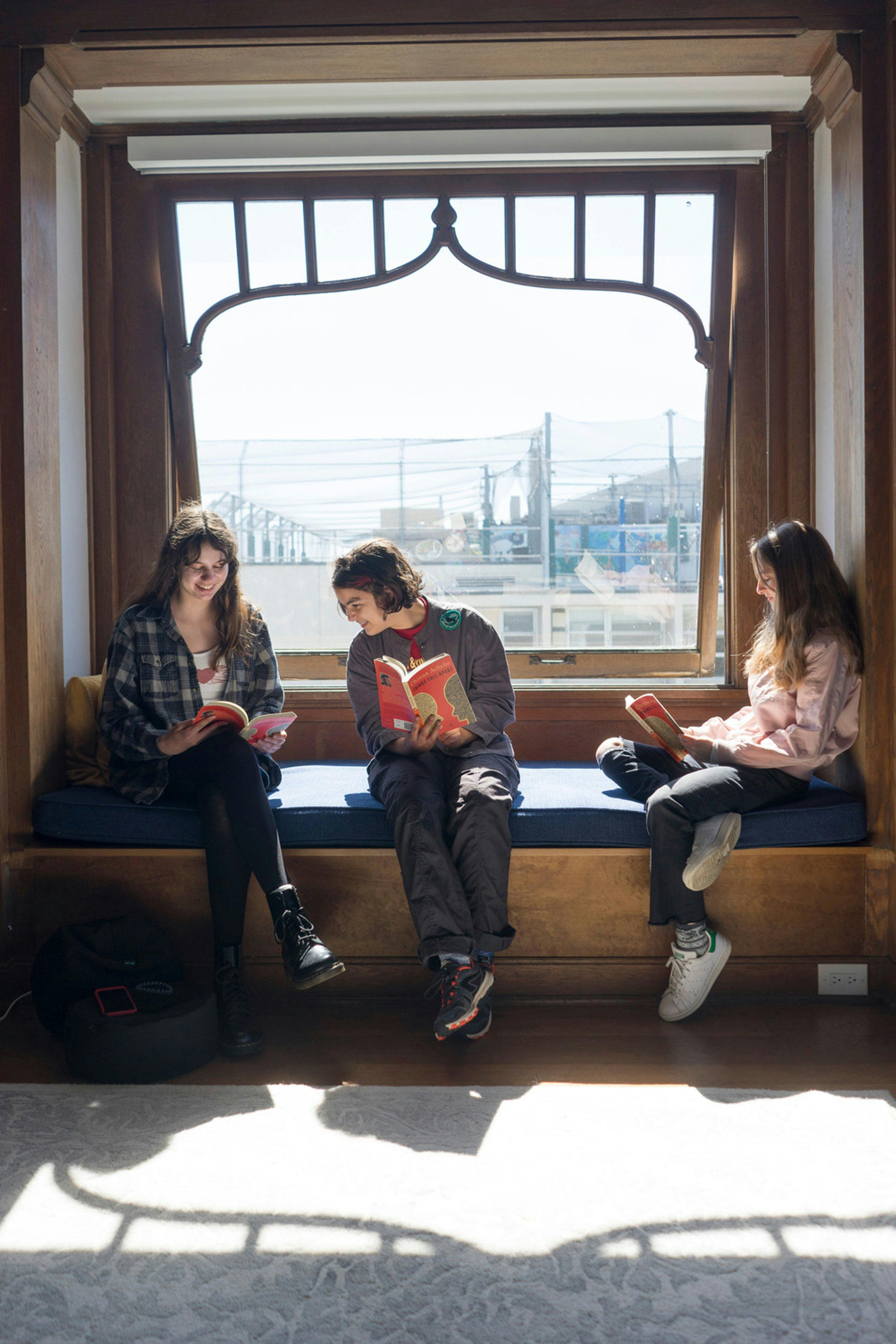What Does It Mean to Be Educated?
Guidepost's VP of Pedagogy Matt Bateman wrote an article for the Chalkboard Review, explaining Maria Montessori’s take on the practical, vocational value of education
The Guidepost Team
Many families are rightly worried about whether or not education is currently delivering the right kind of skills and knowledge to set children up for success in the modern economy. While Montessori education is typically seen as a progressive alternative to the mainstream, with a reputation for free play and sensorial exploration, Dr Maria Montessori was deeply concerned about what it meant to lead a meaningful life—and in particular, how education could aid the process by which children grow into happy, successful adults—adults that find happiness in industrious work.
The Guidepost approach to education is founded upon helping children reach their full potential with respect to the changing workforce. To help explain our pedagogy, Guidepost’s Vice President of Pedagogy Matt Bateman wrote an article for the Chalkboard Review, where he discusses the importance of preparing children for work, and the fundamental need to view education through a child-centered lens. Here are a few highlights of that article:
“Some criticize education for not providing more economic upside, arguing for a more practical education, shorn of classical trappings. Others defend the humanistic value of education and argue that we should spend more time on non-economic upsides. This debate extends from K-12 up through to higher education. There is, however, a third way. It starts by observing that there is something amiss with the moral/practical divide in how it plays out in the adult lives of students. For many people, work is a source of bitterness, not dignity. A seemingly small subset of people find meaning in work, and the rest fail to "find their passion"—a notion that is likely part of the problem—or simply resent work in a more general way.”
Dr Matt BatemanVP of Pedagogy
“It is not widely appreciated that one's personal relationship to work is a characterological issue. The best pedagogue on this issue by far is Maria Montessori. "All work is noble," she wrote, "the only ignoble thing is to live without working." And she was not speaking of high status, white-collar work in the "creative class", but of all forms of work: "There is a need to realize the value of work in all its forms, whether manual or intellectual."”
Dr Matt BatemanVP of Pedagogy
“Dr Montessori perfectly captured the deleterious results of traditional schools: "The inert child who never worked with his hands, who never had the feeling of being useful and capable of effort, who never found by experience that to live means living socially, and that to think and to create means to make use of a harmony of souls; this type of child... will become pessimistic and melancholy and will seek on the surface of vanity the compensation for a lost paradise."”
Dr Matt BatemanVP of Pedaggoy
At Guidepost, we place strong emphasis on the history of various discoveries particularly the story of the lives of men who had contributed to this conquest of progress, in order to show children the active role they themselves are playing in the progress of humanity. Our curriculum structure facilitates deep concentration and sustained effort, so that children experience the joy that comes from dedicated work. And we always allow for real-life opportunities where possible. We don't seek to prepare children for adult life through isolation from it.
To learn more, read Bateman's full article on the Chalkboard Review here: Vocational Training for the Soul: Bringing the Meaning of Work to Schools
